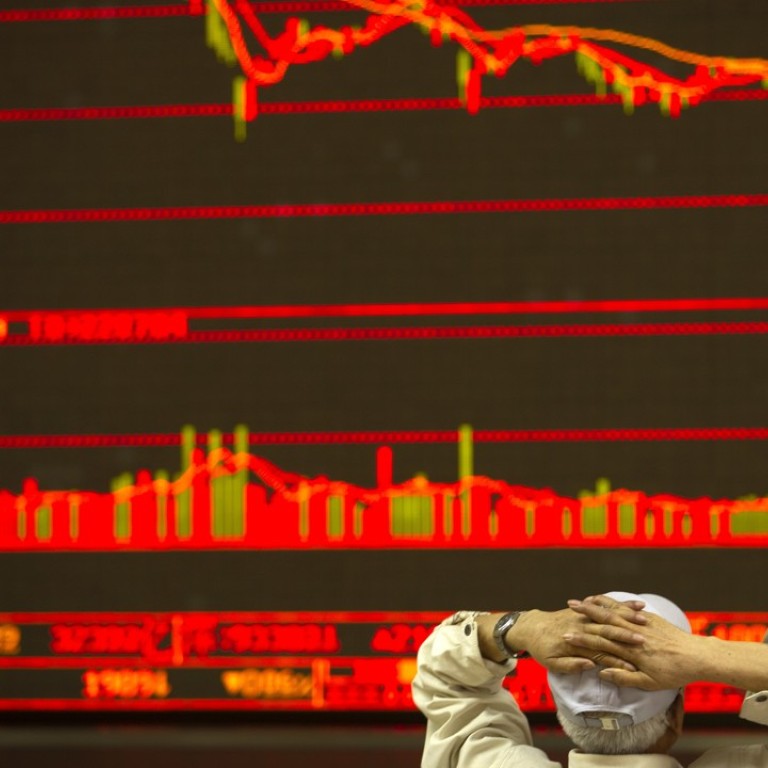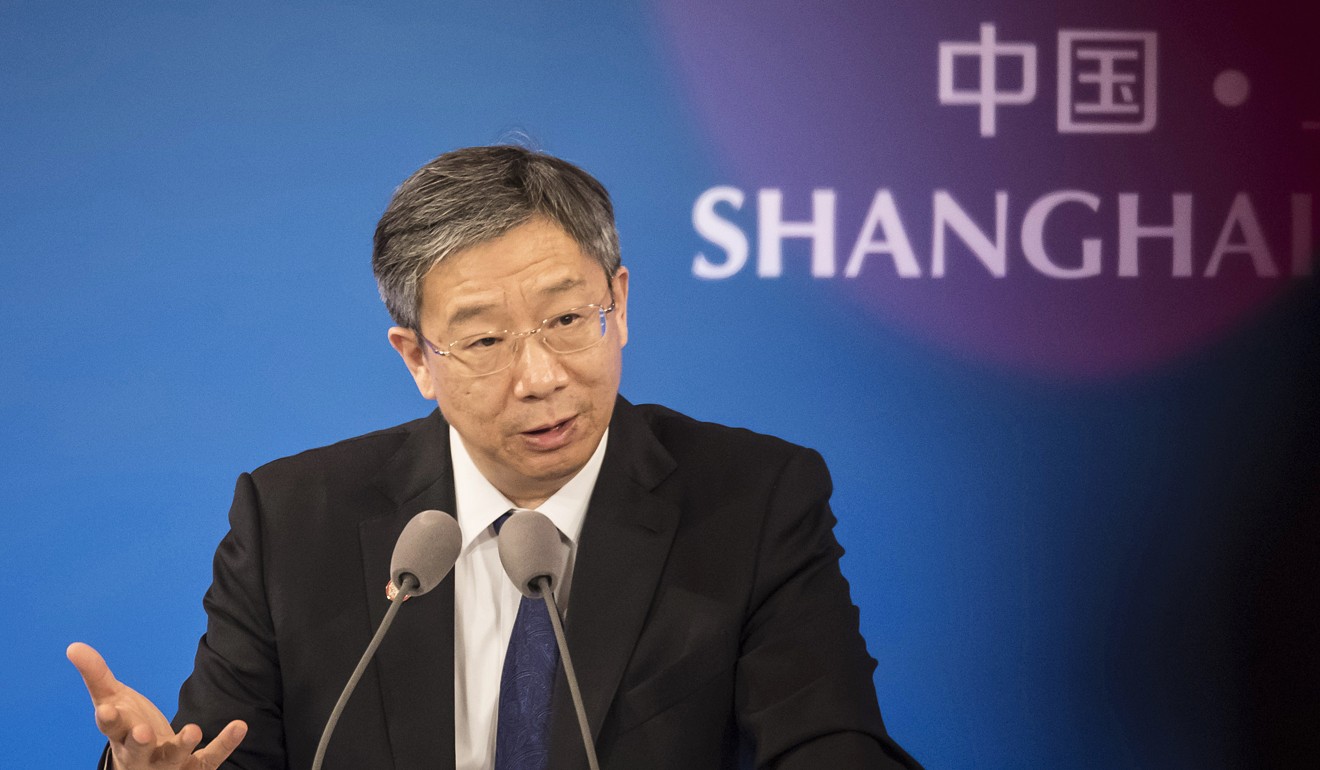
If Donald Trump is the new George Soros, history shows confidence is China’s best weapon in a trade war
Jiaxuan Lu says China should be boosting market sentiment amid the trade dispute, rather than dampening it with moves that signal to investors that it’s time to panic
However, this seems inadequate, and even counterproductive: China’s stocks dropped further the next day, as the cutting of the reserve requirement ratio, to some extent, confirmed investors’ anxiousness. Fear has gripped the Chinese market.
Watch: Trump emphasises hard-line China stance at Foxconn groundbreaking ceremony
Just as the Hong Kong authorities … defeated Soros’ initiative in 1997, so today the Chinese leadership should prioritise boosting confidence
However, fear is a toxic gas which the attacker is immune to. In other words, instead of tit-for-tat confrontation, injecting panic into the Chinese market is the best way for Trump to weaken Beijing’s economic power without inflicting harm on the US itself. Through this strategy, Trump eventually aims to substantially reduce his country’s trade deficit as well as maintain its hegemonic role on the global stage.
Just as the Hong Kong authorities, backed by the central government in Beijing, defeated Soros’s initiative in 1997, so today the Chinese leadership should prioritise boosting confidence.

As the expectation is that China cannot hold out in the long run, the longer things go on, the more restless Washington will become
These measures could help China in its efforts to replace American demand with that from other parts of the world. This would bolster the conclusion that a trade war would only have a limited impact on the world’s second-largest economy. And that would help subdue uneasiness in the Chinese market.
Furthermore, confidence should also be China’s weapon in a counter-attack. As the expectation is that China cannot hold out in the long term, the longer things go on, the more restless Washington will become.
To survive a trade war, China needs confidence most of all, not retaliatory measures.
Jiaxuan Lu is a freelance writer based in Shanghai and Los Angeles
